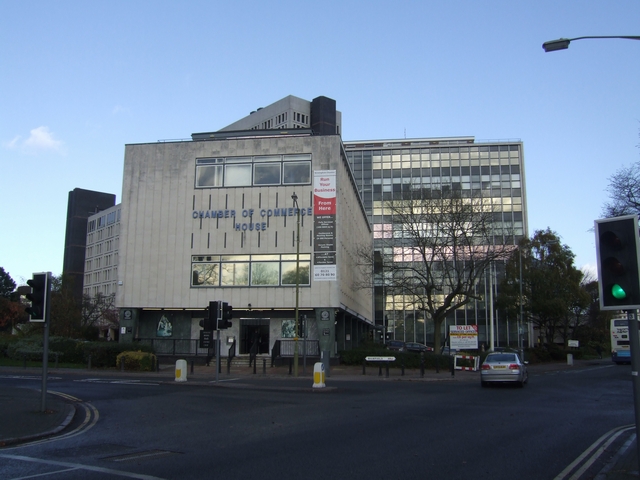
New forecasts indicate that the UK is likely to avoid a recession this year, but will experience a slow economic slump that will result in GDP remaining below pre-pandemic levels until the final
months of next year. Despite high inflation, stronger than expected household spending will put the economy on a better path than initially feared. The British Chambers of Commerce (BCC) predicts that GDP will shrink by 0.3% this year, but the country will not meet the technical definition of two consecutive quarters of negative growth.
These new forecasts are just one of many that signal a stronger economy than experts had warned of at the start of the year. Previously, the Bank of England had projected that the UK would experience the longest recession in a century, with a nearly 3% reduction in output. However, the central bank now believes that GDP will slip by much less. The BCC also scaled up their GDP forecasts from a 1.3% contraction this year.
However, the BCC cautioned that avoiding a recession is not something to brag about, as the UK is still treading through a long period of stagnation that will leave the economy smaller than before the pandemic until the final quarter of 2024. The UK is the only G7 country whose economy remains below its pre-Covid size. The BCC predicts that growth will remain below 1% each year until 2025, which is a significant drop compared to the sluggish decade following the financial crisis.
The looming corporation tax rise from 19% to 25% is expected to prompt businesses to mothball investment, resulting in capital spending growth flatlining at 0.2% this year. The BCC predicts that overall investment will contract more than 1%. Chancellor Jeremy Hunt is reportedly considering launching a watered-down and time-limited successor to the 130% investment allowance at the budget next Wednesday. This decision would aim to incentivize companies to invest in building new factories and equipment to reduce their corporation tax bill.
The BCC also forecasts that wage growth will trail the average inflation rate, which is expected to remain above 5% for most of the year. This will push household spending 0.2% lower. In response to this demand reduction, businesses are likely to lay off staff, resulting in the unemployment rate peaking at nearly 5%. Alex Veitch, director of policy at the BCC, warns that “although the economy should now avoid a technical recession, the stark reality is that businesses face a very difficult year ahead.” Photo by John M, Wikimedia commons.




































